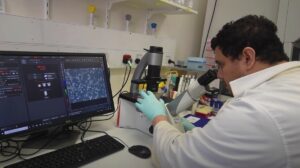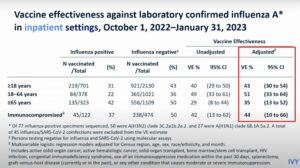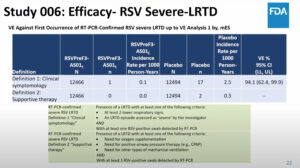NEW YORK (Reuters Health) – Certain women may be at risk of developing systemic lupus erythematosus (SLE) when they start taking combined oral contraceptives, according to investigators at McGill University in Montreal.
“This risk appeared to be mostly limited to the first 3 months of use with first- and second-generation contraceptives containing higher doses of ethinyl estradiol, suggesting an acute effect in susceptible women and possibly a dose-response effect of estrogen on SLE onset,” Dr. Samy Suissa and co-authors report in the April 15 issue of Arthritis & Rheumatism.
Their population-based nested case-control study involved women ages 18-45 years drawn from the UK’s General Practice Research Database. During 1994-2004 there were 786 incident cases of SLE, who were each matched with up to 10 controls (n = 7817) based on age, general practice, and calendar year.
Relative to never use of combined oral contraceptives, the adjusted rate ratio was 2.52 for newly started, short-term current use, and 1.45 with longer term current use.
First- or second-generation contraceptives contained ethinyl estradiol combined with norethisterone, levonorgestrel, or norgestrel, whereas third-generation combined oral contraceptives included gestodene, desogestrel, or norgestimate.
Results showed that first- and second-generation contraceptives, but not third-generation, were significantly associated with risk of incident lupus (RR 1.65).
The risk increased with the dose of ethinyl estradiol, with rate ratios of 1.42, 1.63, and 2.92 for pills containing >30 mcg, 31-49 mcg, and 50 mcg, respectively.
“Further studies on the acute effects of combined oral contraceptives will be needed to better identify the characteristics of women susceptible to developing SLE when exposed to combined oral contraceptives,” Dr. Suissa’s team concludes.
Reference:
Arthritis Rheum 2009;61:476-481.




